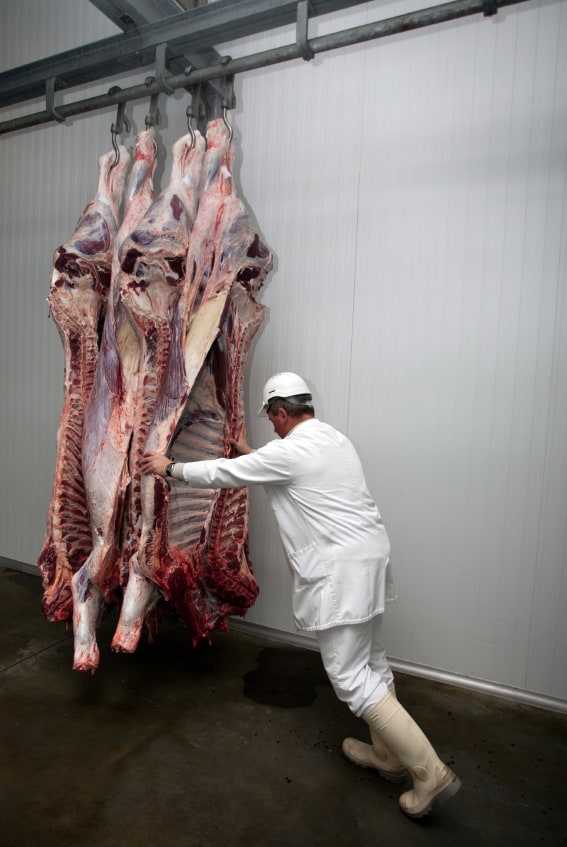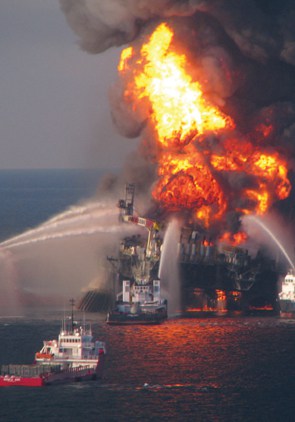 The Sunday Age of 30 January 2011 ran an article about the status of workplace safety in some of Victoria’s abattoirs. The article has some similarities to the landmark investigations by Eric Schlosser into work practices and compensation issues related to meatworks in the United States.
The Sunday Age of 30 January 2011 ran an article about the status of workplace safety in some of Victoria’s abattoirs. The article has some similarities to the landmark investigations by Eric Schlosser into work practices and compensation issues related to meatworks in the United States.
The Sunday Age says that
“(Last financial year [2009/2010], there were 355 workers’ compensation claims in Victoria’s meat industry that required at least 10 days off work, or cost more than $580 in treatment, or both – almost one a day. Nationally the industry’s injury and illness rate remains twice as high as that in the construction industry, and four times the average of all workplaces.”
Many would say that meat work is “inherently dangerous” but in the article lawyer Trevor Monti, contests the perception
”Yes, it’s a difficult industry and the work can be hard,” he says. ”But with proper consideration given to the system of work, the risk of injury can be significantly reduced.”
This is a position with which OHS professionals and regulators would agree.
It is significant that, if the comparative figures quoted above by the Sunday Age are accurate, abattoirs do not receive the enforcement attention that the construction industry receives. Is it that the construction industry is largely unionised and the meat industry much less so? Is it that abattoirs are rorting the immigration visa system as asserted by the Australian Meat Industry? Continue reading “Only animals should die in abattoirs”

